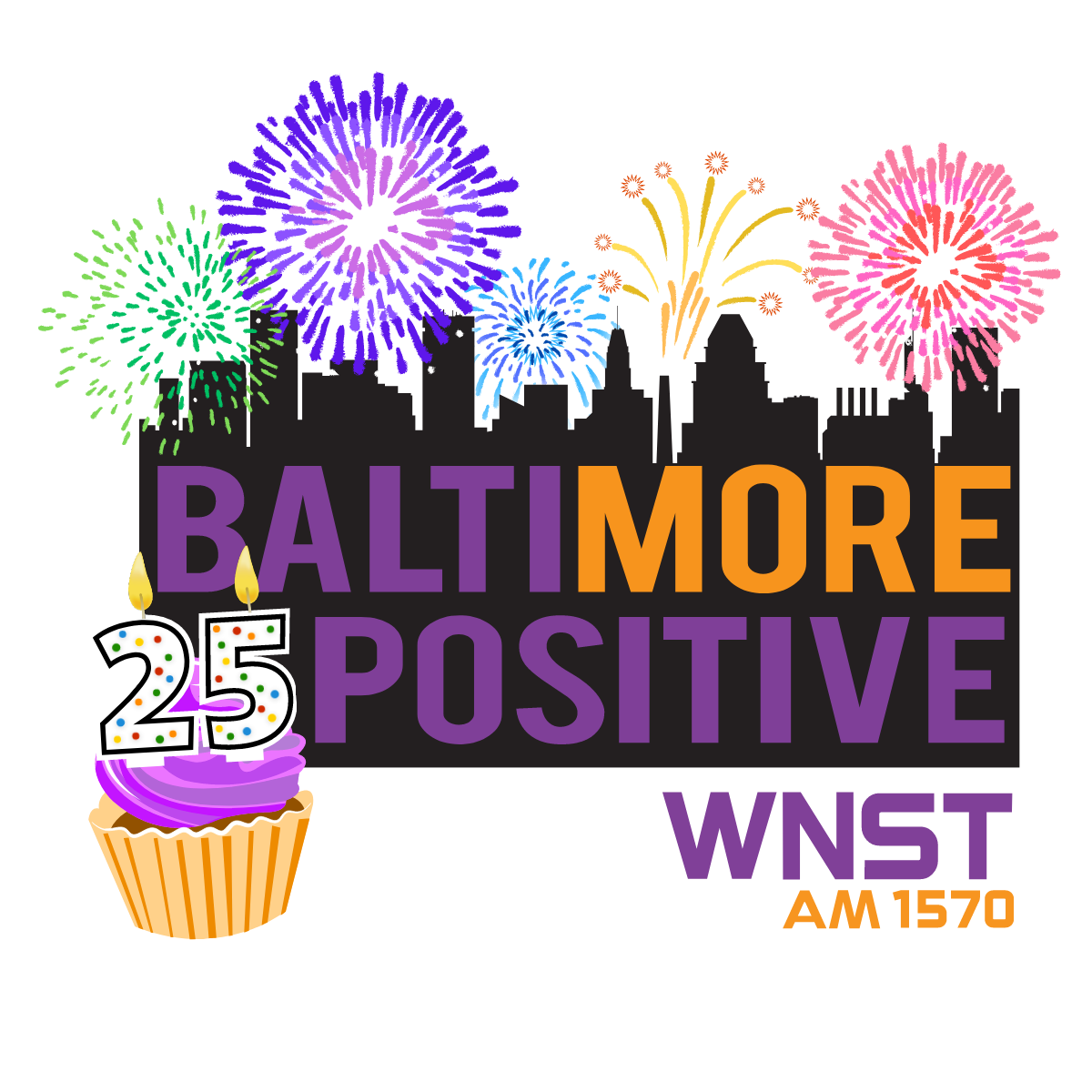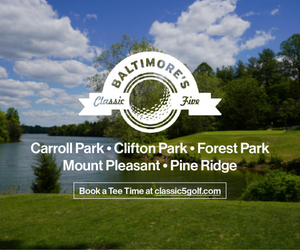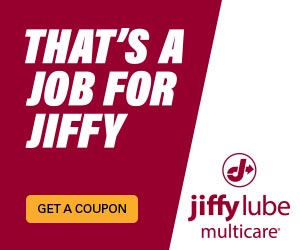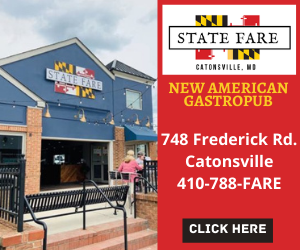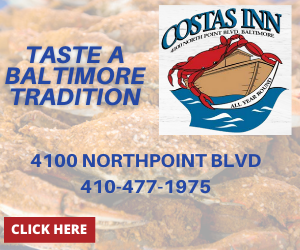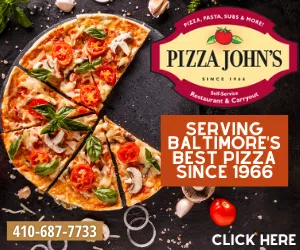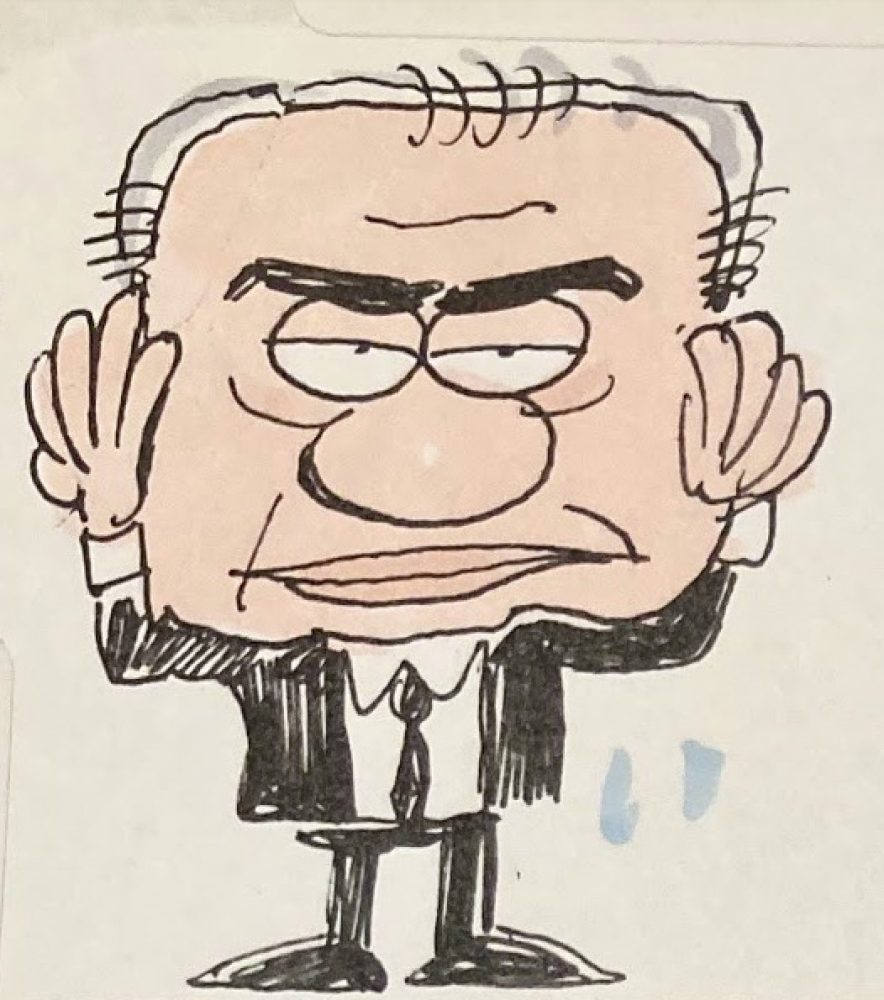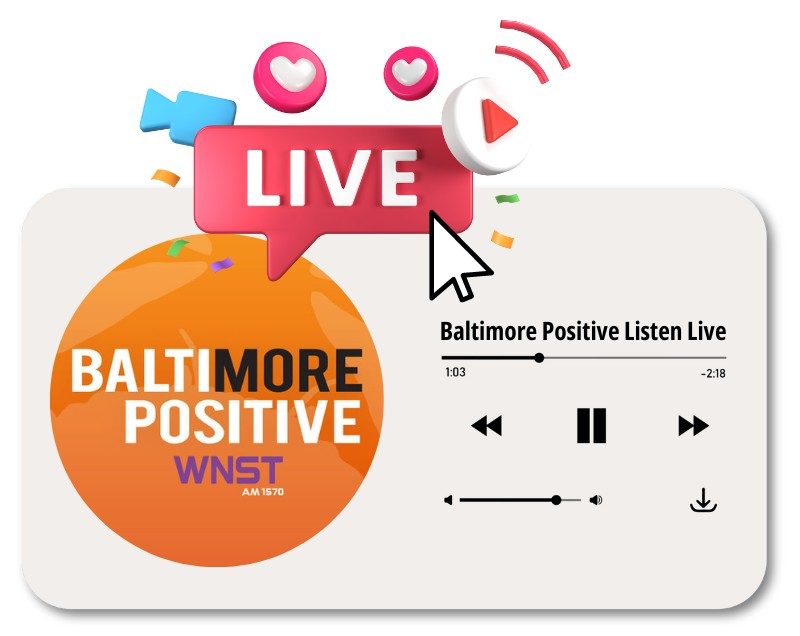Williams and Lucchino were always viewed as Washington, D.C. men who had an empty hometown market that would always be an escape route if the $12 million investment in the Baltimore Orioles went awry in the 1980s. But, Williams kept his word and made good on his promise: “If Baltimore supports the Orioles and people come to the stadium, the team will remain in Baltimore.”
And despite the authority and ability to leave Baltimore, the two Washington men found pleasure in building a legacy that included a permanent home in downtown’s Inner Harbor for the Orioles for the next generation because of Oriole Park at Camden Yards.
So here was Angelos pointing a finger at the group Lucchino was fronting and had literally been at the finish line four months earlier working on his third ownership group that would only push his vision for the Orioles’ success to the next level.
And even more strange was the provincial “hometown” view when the Orioles had made it abundantly clear over the past two decades that they were built to service not just Baltimore and Washington, D.C. but parts of six other states via a regional cable television deal and the overwhelming interest in Camden Yards and the beautiful retro ballpark.
Lucchino was among the first to realize that for the vitality of his friend EBW’s investment, the Orioles would need the Washington, D.C. market to be engaged and recruited to earn more revenue to continue to buy and retain the best players in Major League Baseball amidst exploding salaries and free agency. The most successful MLB teams tied their brand to a broader area, made more money and had greater success.
Even though much of the engrained Baltimore parochialism toward Washington D.C. was negative energy, for the future viability of the franchise it was imperative that Lucchino regionalize the franchise and find new streams of revenue and new verticals for the Orioles brand.
In 1979, Lucchino inherited a team that was purchased for $12 million amidst a changing industry for the sport, labor and media deals. It was losing money.
In 1988, after nine years on his watch, the club was sold for $70 million and he was in for a 9% stake in ownership. Now, with the team making $25 million per year and drawing 3.7 million fans to Camden Yards, the Baltimore Orioles were going to fetch somewhere north of $150 million in an auction.
The team was being sold for such a massive price in no small part because of the hard work of Lucchino and his vision. DeWitt recognized this early and thought of Lucchino as one of the assets of the team.
Lucchino oversaw the entire process of everything that represented the Baltimore Orioles. All of through glory and growth years, this mostly quiet attorney moved into the sport and oversaw the success of a team that was about to shatter all previous franchise sales in the history of North American sports.
Even stranger in the process was that fact that Lucchino owned 9% of the Orioles as a part of Eli Jacobs group. When the deal was consummated to buy the team in 1988 after the death of EBW, the three partners – Jacobs had 87% and Sargent Shriver held the remaining 4% – had all agreed to a special “tagalong” clause, which stated that the Orioles must be sold as 100% full stock whenever they were relinquished by Jacobs’ group.
Despite the sale of his stock being sold in this pending transaction – and at a rising value, no less – Lucchino desperately wanted to stay in Baltimore as the C.E.O. & President and remain involved in ownership and see through what he began building for his friend Edward Bennett Williams in 1979. After watching the Colts leave, the Orioles stay, Camden Yards get built and the legend of Cal Ripken and the baseball team growing over the years, Lucchino’s vision of a regionalized franchise was in full bloom.
Yet, despite all of this success, Lucchino was the one in awkward position in 1993 – running the team and doing business as usual while trying to get a stable ownership group for the Orioles now that a lot of the hard work had been done.
Eli Jacobs – being intensely private – never really formed a personal bond of any kind with Lucchino or anyone in Baltimore involved with the Orioles. DeWitt and Jacobs knew each other through being active in government and both Republicans. When DeWitt was doing his due diligence to leave the Texas Rangers ownership with George W. Bush, he and Lucchino hit it off and were planning on keeping the already-proven structure in place.
